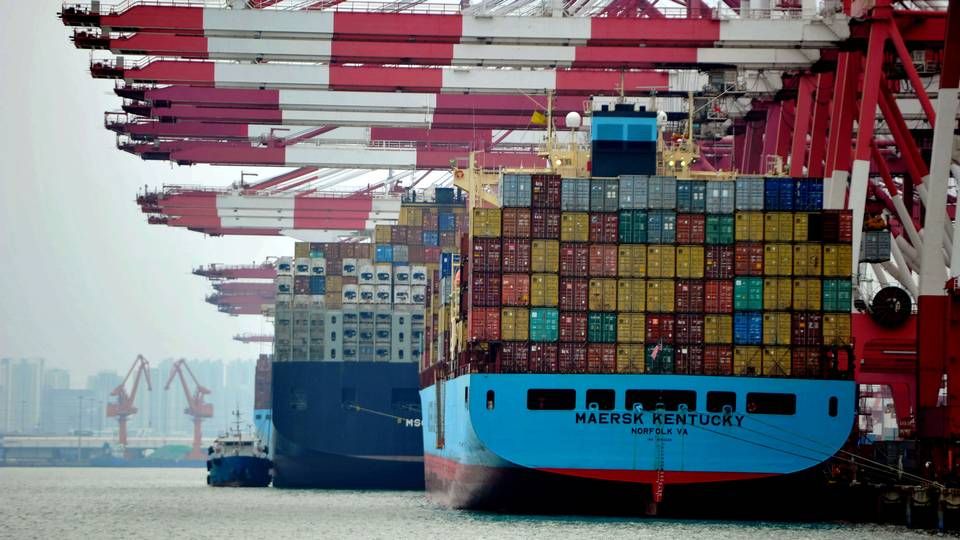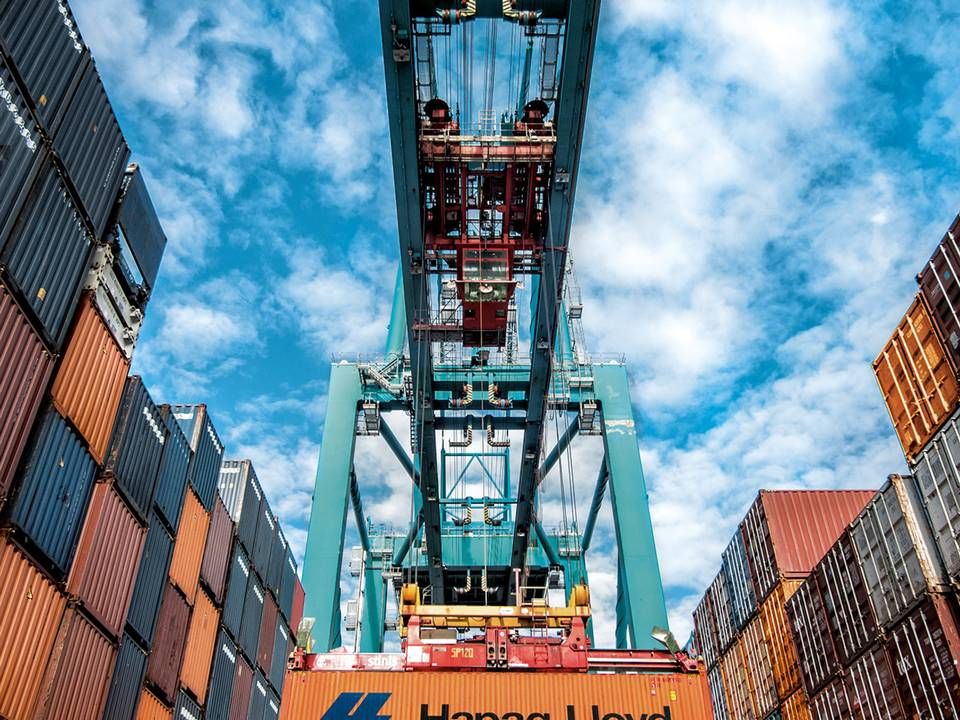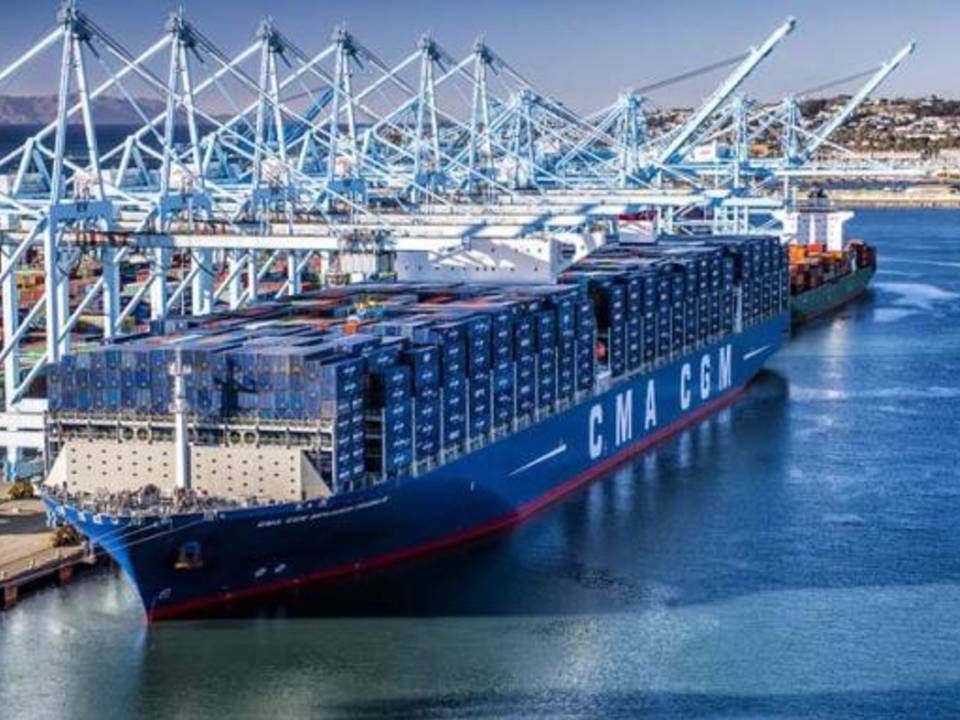More than a fifth of containers arrive late

Container lines have become significantly better at arriving on time so that customers may receive the goods they are waiting for. According to a new report by Seaintelligence Consulting, 78 percent of the major container carriers arrived no later than a day after the informed time of arrival.
This is a significant improvement compared to 2018, when only 70.7 percent of carriers arrived on time.
Wan Hai was the most punctual shipping line with schedule reliability of 88.3 percent, followed by Maersk-owned Hamburg Süd with 86.1 percent, and Maersk itself took third place with 76.8 percent.
This general ability of the industry to raise the level by slightly more than seven percentage points should be viewed in light of last year being the worst one since 2011 in terms of arriving at the planned time. In 2018, this was especially tied to the fact that the alliances had to be adjusted and that it was difficult getting the new networks to function.
Trend going the wrong way
At the same time, Seaintelligence Consulting points out that the trend has been going the wrong way over the latest quarters in 2019, when the shipping lines generally went down on punctuality.
In the third and fourth quarters last year, the major carriers' combined figure dropped by 0.4 and 1.2 percentage points, respectively.
These figures on the industry are published at a time when shipping lines and their customers, shippers, are waiting for the final decision from EU Commissioner for Competition Margrethe Vestager on whether the special rule enabling competing carriers to cooperate will be extended or not.
This rule, the so-called Block Exemption Regulation, is a precondition for the agreements behind the major alliances in the container industry, which is why the EU is examining whether the approval that the companies have had so far has led to better service, such as customers receiving their goods on time.
Shipping companies support an extension of the regulation, while shippers think it should be abolished, as they do not think they have received better service, among other reasons.
Hapag-Lloyd working to improve
Container lines have long been aware that they are not doing well enough and that they need to act, even though some of the causes may lie elsewhere, for instance in weather conditions and port delays.
German line Hapag-Lloyd is in the process of implementing a strategy running over several years, which will, broadly, improve the quality customers see, including the ambition that the carrier's fleet should be better at arriving on time. Hapag-Lloyd was at 68.9 percent in 2018 and has improved in line with competitors, but it is still in the lower end.
When ShippingWatch interviewed the company's Chief Executive Rolf Habben Jansen in August last year, the CEO set a time frame of 24 months to reach his goal, which he understood as entering the top third.
Half a year ago, Hapag-Lloyd had a schedule reliability of 78.3 percent and, like the rest of the industry, it has lost some of its precision in the past six months.
In a comment to ShippingWatch, Hapag-Lloyd states the following about the latest figures:
"The undermentioned figures can provide a first impression and overview of schedule reliability in the industry. However, they are based on a pure Port to Port measurement only. Door to Door delivery is not covered, for example, as well as the different ways our customers might measure reliability, or if a transport does meet or exceed their expectations. However, we are working on more reliable schedules and have developed and implemented a set of measures that have and will have a positive impact."
2M climbs to number 1
Among the alliances, 2M is at the top with 80.3 percent. After that follows Ocean Alliance with 75.3 percent and, finally, THE Alliance comes in third with 66.6 percent. With an improvement of 16.7 percent during 2019, 2M overtook Ocean Alliance, which was the most punctual alliance in 2018.
English Edit: Jonas Sahl Jørgensen
Related articles
Hapag-Lloyd reveals first three pledges of new strategy
For subscribers
Senior Vice President Lars Kastrup leaves CMA CGM
For subscribers


















